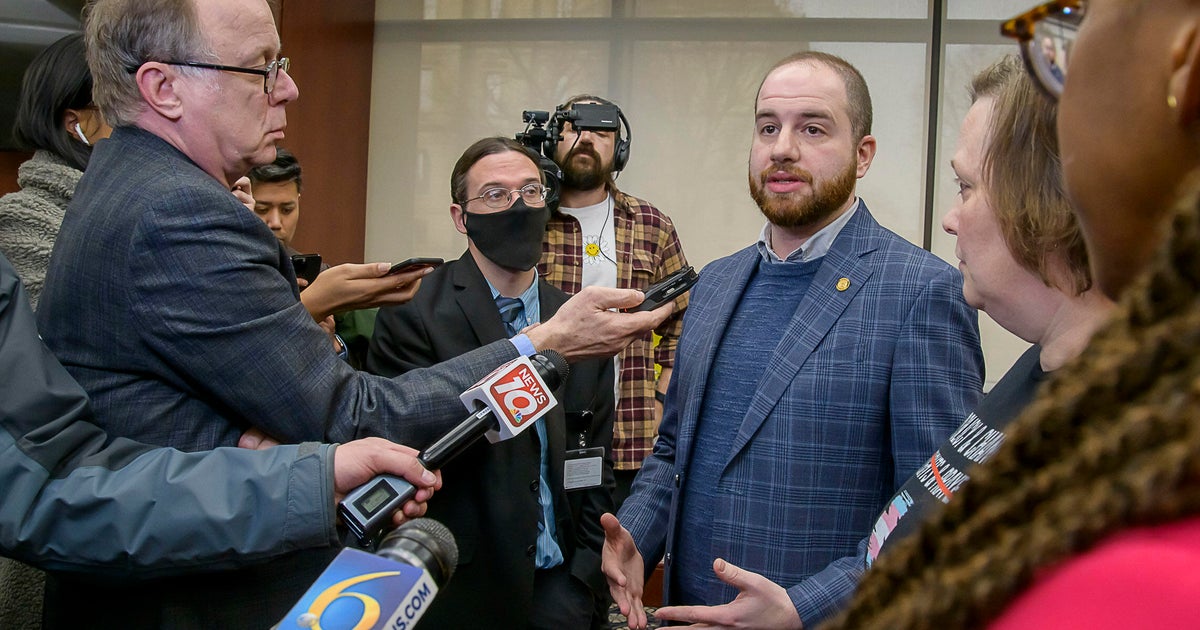How Much Cash Should You Keep After Buying a Home?

Published: 2025-09-12 12:54:48 | Category: Lifestyle
Buying a home is a significant milestone, but it often leaves many first-time buyers wondering how much money they should have left in their bank accounts after closing the deal. It’s crucial to maintain a financial buffer for unexpected expenses and ongoing costs. Experts suggest having at least three to six months' worth of living expenses saved up after your purchase.
Last updated: 21 October 2023 (BST)
Key Takeaways
- First-time buyers should aim to save three to six months’ worth of expenses after purchasing a home.
- Average monthly mortgage payments for first-time buyers are around £1,038.
- Setting aside a safety cushion can provide peace of mind against unexpected costs.
- Consider mortgage protection and home emergency cover for added financial security.
- Delaying non-essential purchases can help build your savings post-purchase.
The Financial Landscape After Purchasing a Home
In today's housing market, getting on the property ladder requires substantial financial planning. For many, this journey involves years of saving, sometimes with help from family, notably the "Bank of Mum and Dad." However, the excitement of homeownership can quickly turn into anxiety when considering how much money is left in the bank after finalising the purchase.
Understanding Total Costs Involved in Buying a Home
When purchasing a home, it's not just the deposit that buyers need to consider. Various additional costs can quickly accumulate, including:
- Stamp Duty: A tax paid on property purchases above a certain price threshold.
- Legal Fees: Costs associated with hiring solicitors to handle the legal aspects of buying a home.
- Survey Costs: Charges for property surveys required to assess the condition and value of the home.
- Moving Costs: Expenses related to hiring movers or renting a van, as well as packing materials.
- Insurance: Home insurance, including contents and building insurance.
These costs can add up significantly, with estimates suggesting that first-time buyers may need an extra £15,000 beyond their deposit to cover these expenses. Therefore, understanding the full financial picture is essential for new homeowners.
How Much Cash Should You Keep Post-Purchase?
Experts, including property specialist Phil Spencer, recommend that homeowners retain a financial buffer after purchasing a property. This buffer should ideally be sufficient to cover three to six months of living expenses.
Calculating Your Safety Net
To determine how much you should keep in savings, consider your monthly outgoings. According to Zoopla, the average monthly mortgage payment for a first-time buyer in 2025 is approximately £1,038. This suggests that homeowners should aim to have at least:
- £3,114 for three months’ worth of mortgage payments.
- £6,228 for six months’ worth of mortgage payments.
In addition to mortgage payments, you should also factor in other living expenses, such as utility bills, groceries, and transportation. The CEO of Yopa, Verona Frankish, estimates that a three-month safety blanket for an average household is roughly £5,899.26, while a six-month cushion would be £11,798.52.
Managing Post-Purchase Finances
Once you've bought your home, it’s essential to manage your finances effectively to prevent financial strain. Many new homeowners find themselves with little to no savings after purchasing. This situation can lead to stress and anxiety, particularly when unexpected repairs or emergencies arise.
Prioritising Your Financial Health
To prevent running your savings dry, it’s vital to prioritise your spending. Here are some strategies to consider:
- Delay Non-Essential Purchases: Consider postponing any planned upgrades or decorative purchases for your new home until you have rebuilt your savings.
- Build an Emergency Fund: Focus on setting aside a specific amount each month until you reach your desired savings level.
- Assess Your Monthly Budget: Review your outgoing expenses to identify areas where you can cut back.
Insurance Options for New Homeowners
Investing in insurance can provide additional security for new homeowners. Two essential types of insurance to consider are:
Mortgage Protection Insurance
This insurance covers your mortgage payments if you are unable to work due to illness, injury, or job loss. It can act as a safety net during difficult times, ensuring that you don't risk losing your home.
Home Emergency Cover
This type of insurance typically covers costs associated with unexpected repairs, such as plumbing issues or electrical failures. Given that emergency call-out fees can be high, having this insurance can save you money and offer peace of mind.
What Happens If You Don't Have Enough Savings?
For those who find themselves financially stretched after buying a home, it’s crucial to assess your situation carefully. Phil Spencer suggests prioritising the establishment of a financial cushion before indulging in non-essential purchases.
Making Financial Adjustments
Here are some adjustments that can help you regain financial stability:
- Temporarily Cut Back on Luxuries: This might mean reducing dining out, entertainment, and other discretionary spending.
- Consider Alternative Income Sources: Look for ways to generate additional income, such as freelancing or renting out a spare room.
- Review Your Financial Goals: Reassess your financial priorities and adjust your budget accordingly.
Conclusion
Buying your first home can be a thrilling yet daunting experience. It's essential to enter homeownership with a robust financial plan that ensures you have sufficient funds left in your bank account. By saving for unexpected expenses, investing in insurance, and delaying non-essential purchases, you can enjoy the journey of homeownership with greater peace of mind. Remember, it's not just about getting on the property ladder; it's also about securing your financial future in your new home.
How prepared are you financially to embark on homeownership? What steps will you take to ensure you have a safety net in place? #HomeOwnership #FinancialPlanning #EmergencyFund
FAQs
How much should I save before buying a house?
Before purchasing a house, it's recommended to save at least three to six months’ worth of living expenses to ensure you have a financial buffer after the purchase.
What are the hidden costs of buying a house?
Hidden costs can include stamp duty, legal fees, survey costs, moving expenses, and insurance. It’s essential to budget for these additional expenses beyond the deposit.
Why is mortgage protection insurance important?
Mortgage protection insurance is crucial as it covers your mortgage payments if you are unable to work due to illness, injury, or job loss, helping you maintain your home during difficult times.
How can I build my savings after buying a home?
To build savings post-purchase, you can delay non-essential purchases, create a strict budget, and explore additional income sources like part-time work or renting out a room.
What is home emergency cover?
Home emergency cover is insurance that covers the costs of urgent repairs, such as plumbing or electrical issues, providing peace of mind and financial protection for homeowners.



